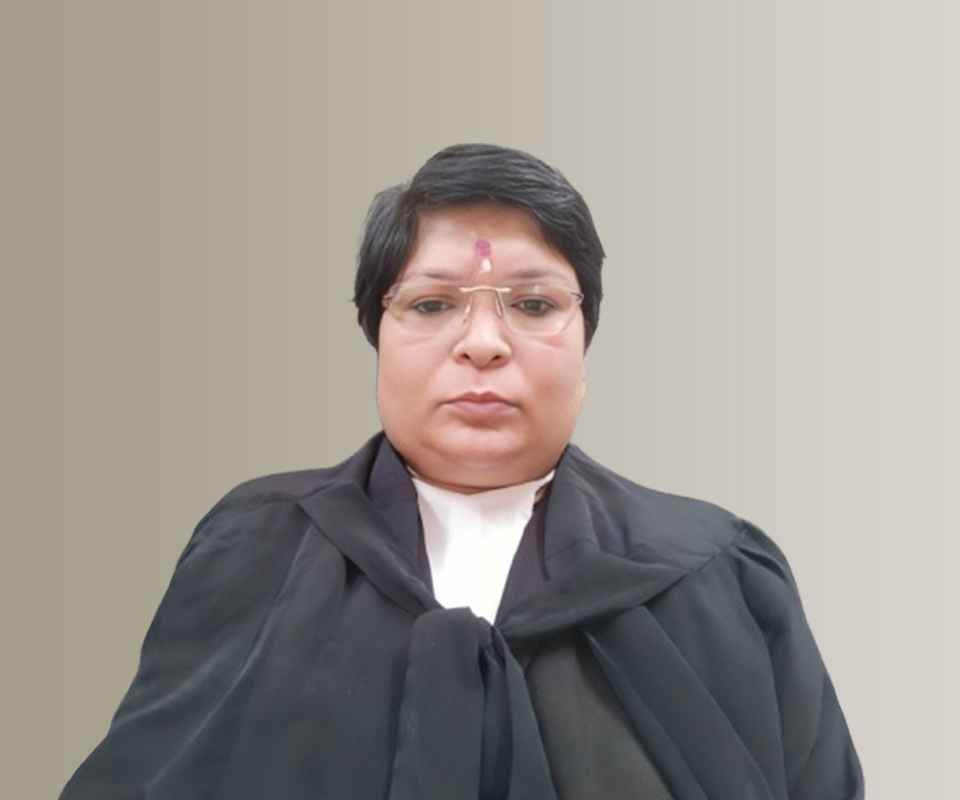Answer By law4u team
Once a court makes a final decision in a tax dispute, it generally marks the conclusion of the case. However, in certain circumstances, a tax dispute may be reopened or revisited. This can occur under specific legal procedures or grounds, such as the discovery of new evidence or errors in the original judgment. Understanding the conditions under which this is possible is crucial for taxpayers seeking to challenge a final decision.
Can a Tax Dispute Be Reopened After a Court Decision?
Appeal to Higher Courts: The most common method for reopening or challenging a tax dispute after a court decision is through an appeal to a higher court. If new legal arguments or errors in law are identified in the decision, an appeal can be filed, requesting a reconsideration of the case by a higher judicial authority.
Review or Reassessment by the Same Court: In some jurisdictions, there may be a provision for review or reassessment of a final court decision. This typically requires showing that there was a clear error in judgment or that the court overlooked material facts or evidence. This process is different from an appeal and is often limited to correcting clerical or obvious judicial errors.
Discovery of New Evidence: If new, substantial evidence is discovered after the court's decision, which could significantly affect the outcome of the case, a motion for reopening the case may be filed. This new evidence must be such that it was not available or could not have been discovered during the initial proceedings.
Judicial Review: In rare instances, a judicial review can be requested to examine whether the court decision was legally correct. This process does not involve reopening the case entirely but instead reviews whether there were any legal errors in the application of the law during the initial court proceedings.
Review under Tax Laws: Some tax laws may provide specific provisions allowing for the reopening of cases under certain conditions, such as fraudulent activity, misrepresentation, or non-disclosure of material facts. In such cases, tax authorities or the aggrieved party may file a request for reopening the dispute based on these specific grounds.
Set-Aside Application: In some jurisdictions, there are provisions to set aside a court decision if it was obtained through fraudulent means or if there was a serious irregularity in the proceedings. This typically applies to cases where there is evidence of fraud or a miscarriage of justice.
Legal Grounds for Reopening a Tax Dispute
Error in Law or Fact: If the court made an error in applying the law or interpreting the facts, an application can be filed to correct the mistake.
Newly Discovered Evidence: If evidence that was not available during the original trial surfaces later, a motion for reopening may be considered. This evidence must be substantial enough to change the outcome of the case.
Fraud or Misrepresentation: If one party discovers that the decision was based on fraudulent evidence or misrepresentation, they may petition for the case to be reopened.
Public Policy or Legal Precedent: In some cases, a court may reopen a case if a new legal precedent or change in public policy affects the previous judgment.
Example
Let’s say a taxpayer lost a tax dispute case in court, where the court upheld a significant tax penalty imposed by tax authorities. Several months later, the taxpayer discovers that the tax authorities had used incorrect information in calculating the penalty. The taxpayer could request the court to reopen the case based on the discovery of new evidence that may change the outcome. If accepted, the court may revisit the case, reassess the penalty, and potentially reduce or remove it.
Legal Considerations
Strict Timelines: Applications for reopening a tax dispute are usually subject to strict timelines. For instance, a certain period, often between one to three years, is provided within which a motion to reopen can be filed.
Limited Grounds: Courts generally do not reopen disputes unless the grounds are substantial and legally valid. The process is often complex, requiring clear evidence and a strong legal argument.
Finality of Court Decisions: While reopening is possible, the principle of finality of court decisions usually prevails, meaning that reopening a case is not the norm unless exceptional circumstances exist.







